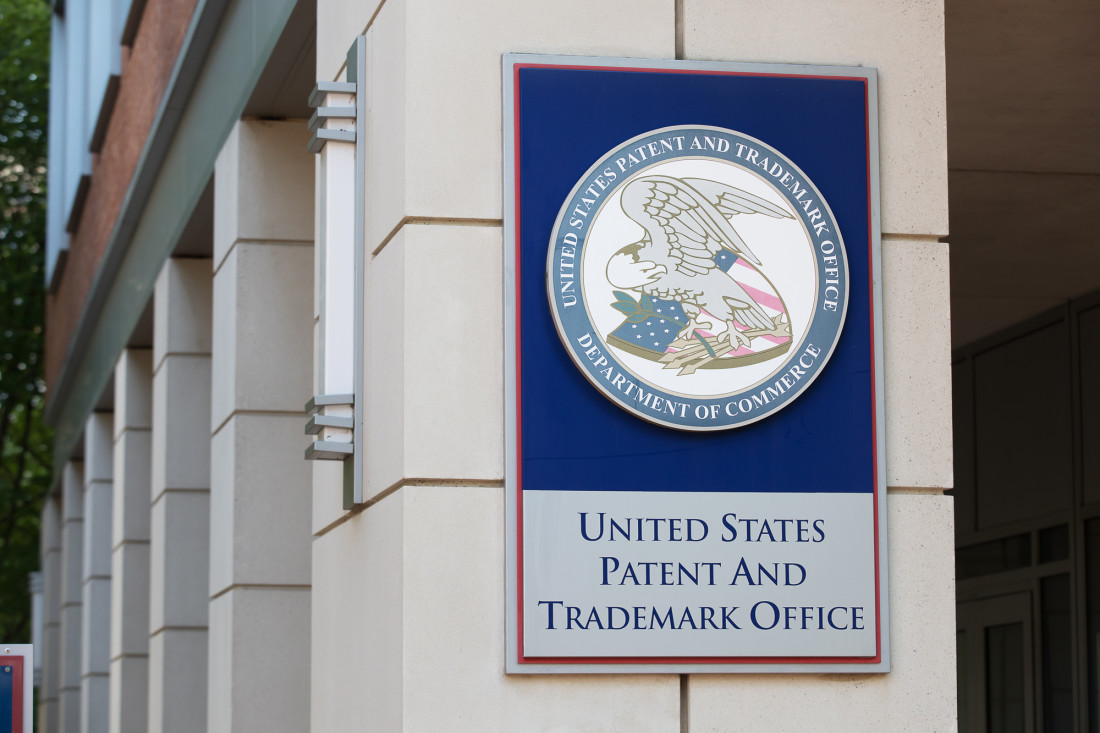Trademark Law Alert – A Non-U.S. Trademark Applicant or Registrant Must Now Use a U.S. Attorney

As of August 3, 2019, all non-U.S.-domiciled persons and entities (whose permanent legal residence or principal place of business is outside the U.S.) are required to be represented by a licensed U.S. attorney in good standing in all matters before the U.S. Patent and Trademark Office (USPTO) and the Trademark Trial and Appeal Board (TTAB).
Application of New Rule
This new rule applies to all:
- New application filings and subsequent filings in pending applications, (except for some applications filed under the Madrid Protocol for the time being);
- Maintenance filings in connection with existing registrations; and
- Ex parte appeals and contested proceedings before the TTAB, including, opposition and cancellation actions.
For existing applications, the USPTO will issue an Office Action, at the time of the next required action, requiring the applicant to appoint a licensed U.S. attorney. The same applies for existing registrations at the time of the next maintenance filing. For contested matters, the TTAB will issue an order requiring appointment of a U.S. attorney within a designated period.
This rule does not apply to U.S.-domiciled applicants, registrants and parties, who may still file submissions with the Trademark Office without the appointment of a licensed U.S. attorney.
The non-U.S. person or entity is required to provide the physical street address of its domicile, and effective October 5, 2019, its email address in most cases. The licensed U.S. attorney is required to provide his or her state bar registration number and year of admission.
Reason for the Rule Change
According to the USPTO, the purpose of this rule change is to “instill greater confidence in the public that U.S. trademark registrations that issue to foreign applicants are not subject to invalidation for reasons such as improper signatures and use claims and enable the USPTO to more effectively use available mechanisms to enforce foreign applicant compliance with statutory and regulatory requirements in trademark matters.” The change was precipitated by an appreciable increase in filings by non-U.S.-domiciled individuals and entities without U.S. legal representation in recent years.
Significance
Applicants, registrants and parties domiciled outside the U.S. are no longer permitted to represent themselves in matters before the USPTO and TTAB. They now need to engage a licensed U.S. attorney to file submissions on their behalf. Canadian trademark attorneys and agents may continue to represent their clients, but a licensed U.S. attorney must also be appointed and all correspondence will be with the U.S. attorney.
Madrid Protocol Exception
Since there presently is no ability to appoint a U.S. attorney at the time a U.S. designation is filed under the Madrid Protocol, the new rules waive the U.S. attorney requirement for new applications filed under the Madrid Protocol in the limited circumstance that the application fully complies with all formalities and statutory requirements at the time of the first Office Action, in which case the application will pass to publication without the appointment of a licensed U.S. attorney.
This exception may not last long. The new rules contemplate that the Madrid System forms will be updated to permit appointment of a U.S. representative at the time of filing.
For further information, contact Robert J. English or your CLL attorney.